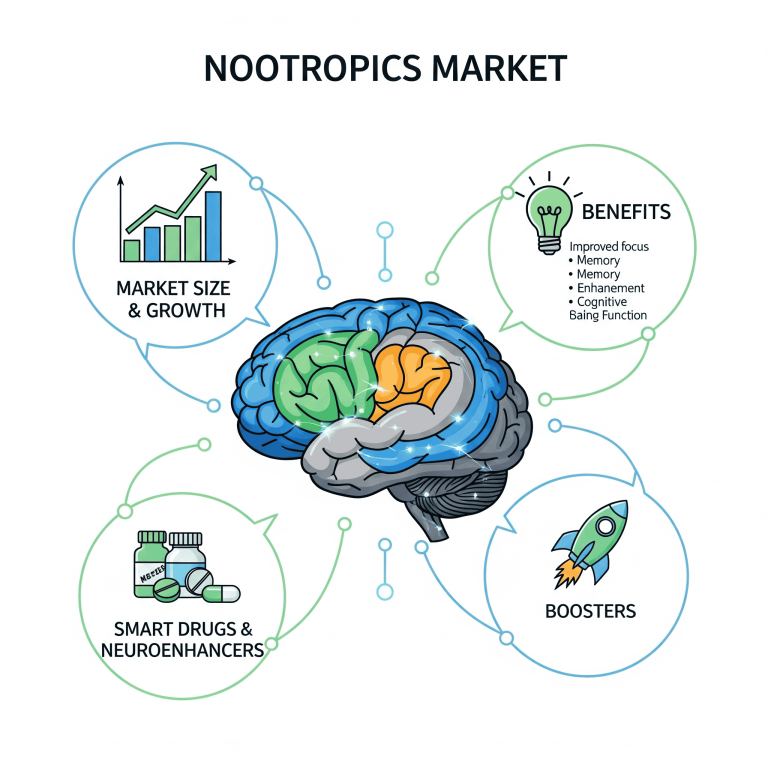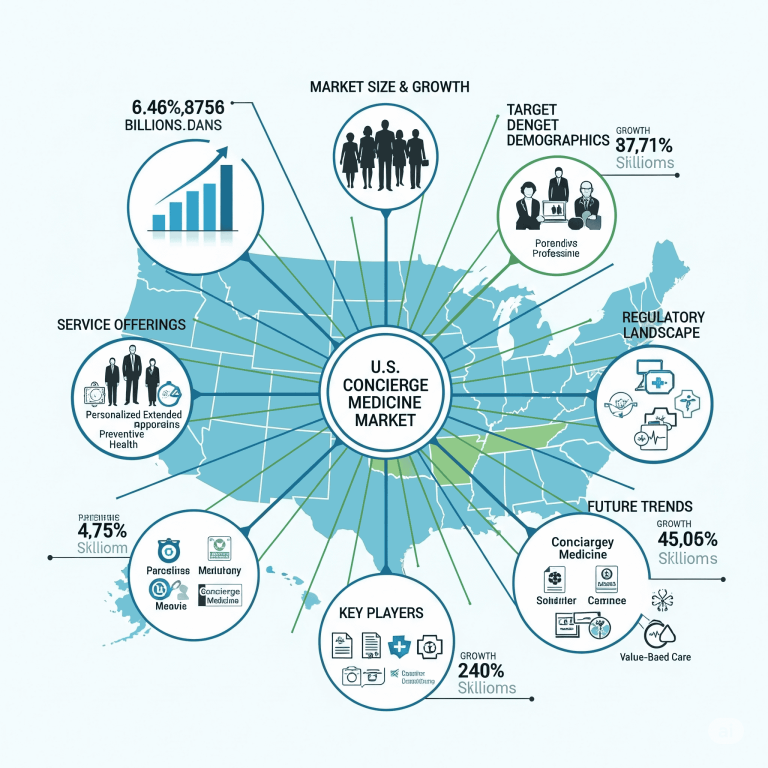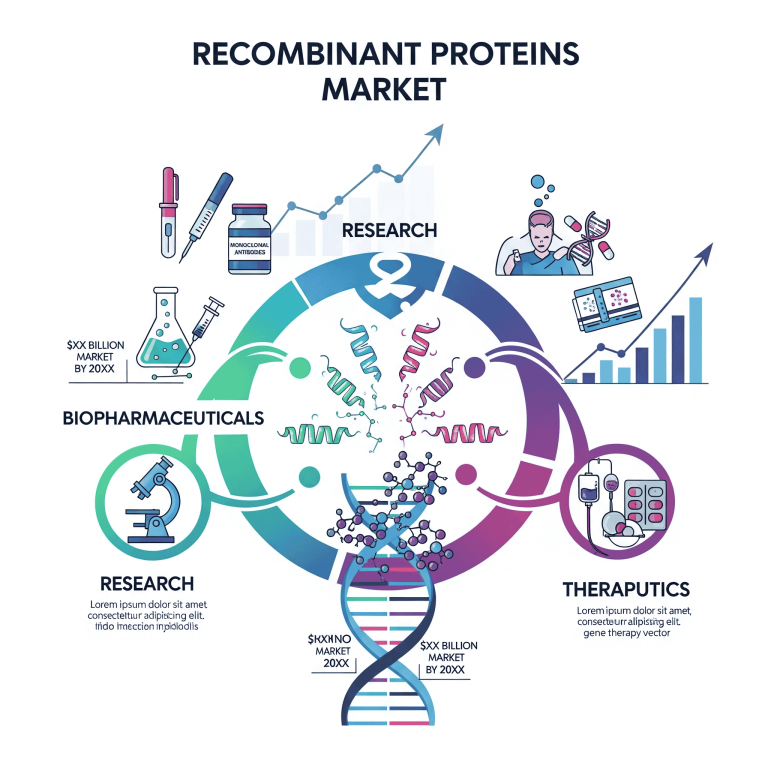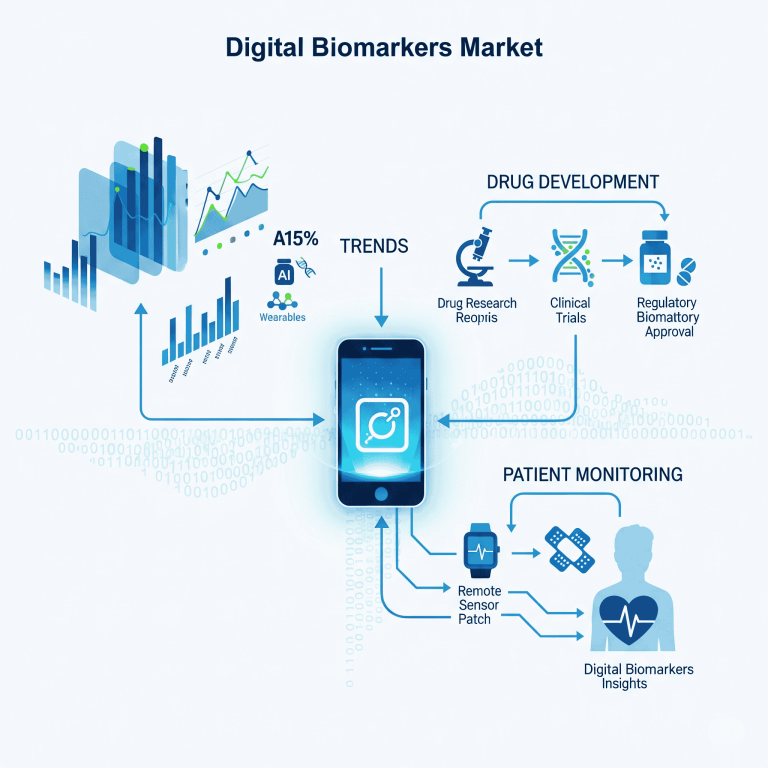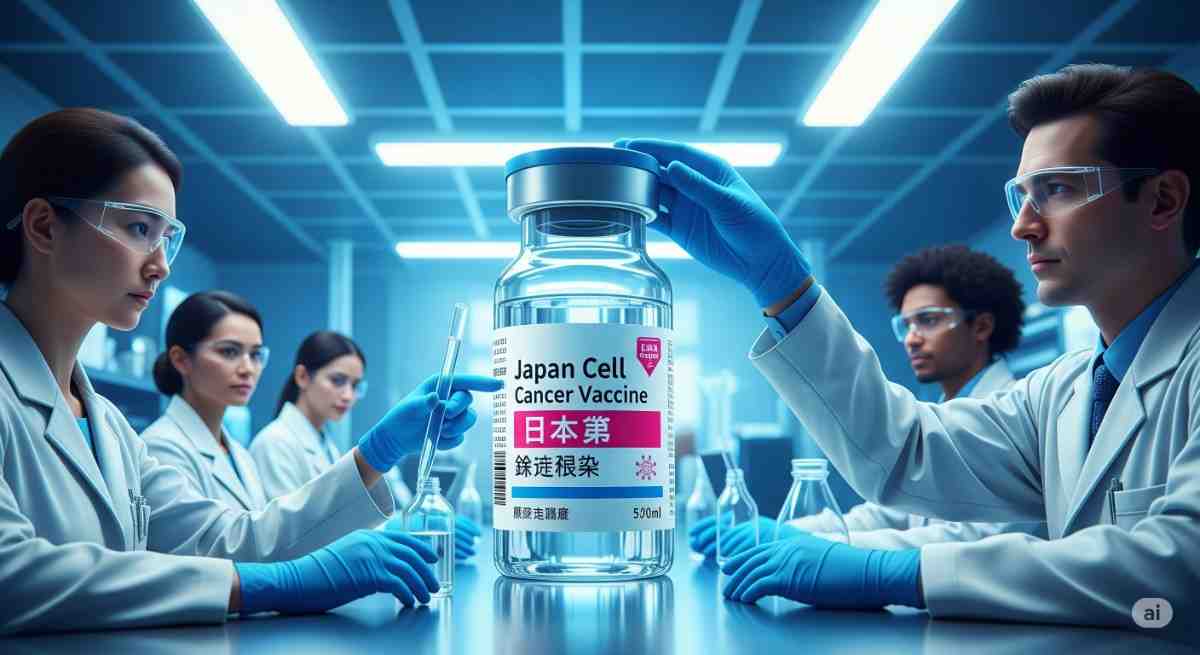
The Japan cell cancer vaccine market is on a steady growth trajectory, projected to expand from USD 320.6 million in 2024 to USD 576.4 million by 2034, at a compound annual growth rate (CAGR) of 6.04 percent. This growth is fueled by a combination of increasing cancer incidence, advancements in peptide-based and AI-powered vaccines, and a growing focus on personalized medicine.
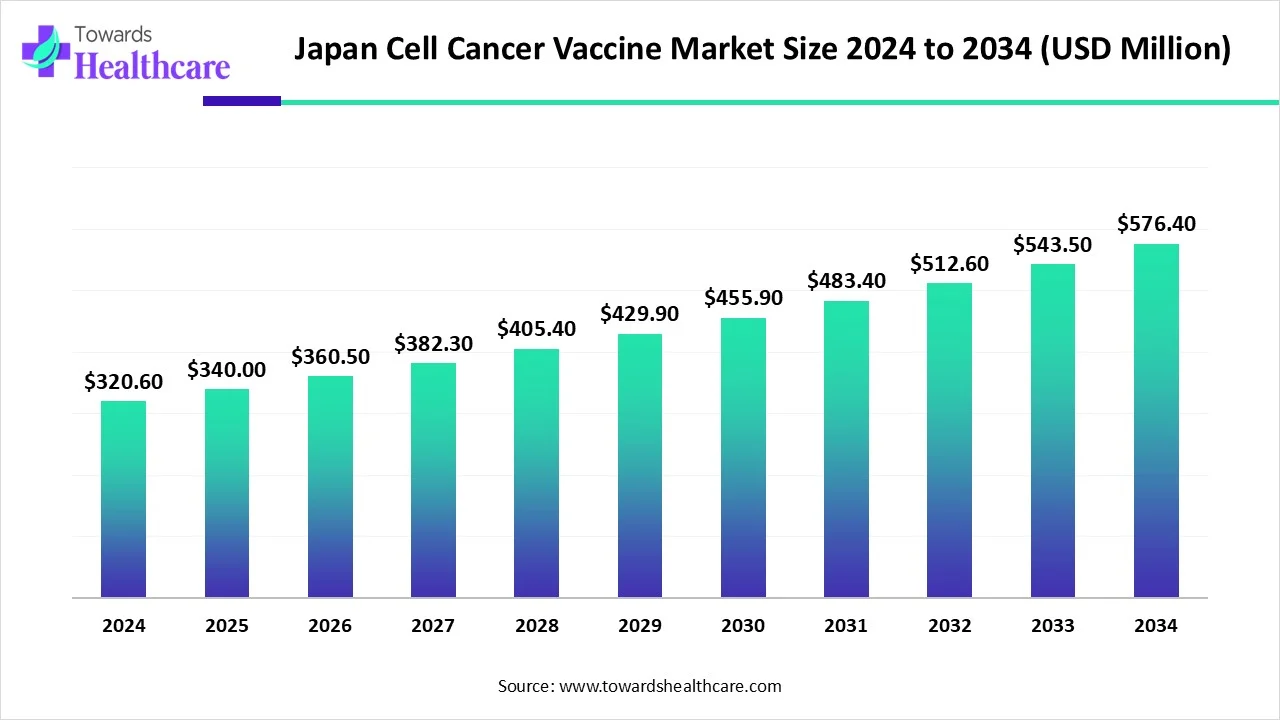
Market Overview
Cancer remains one of the leading causes of death in Japan, especially among the aging population. The demand for innovative, effective, and less toxic treatments is on the rise, pushing the cell cancer vaccine market forward. These vaccines offer a more targeted approach to treating cancer compared to traditional therapies, which often come with severe side effects.
In response, the market is seeing significant investments and collaborations aimed at developing new treatment modalities, including AI-assisted and peptide-based vaccines.
Invest in Our Premium Strategic Solution: https://www.towardshealthcare.com/download-databook/5789
Latest Industry Collaborations and Developments
In May 2025, a notable partnership was announced between the V Foundation for Cancer Research and the Cancer Vaccine Coalition (CVC). The collaboration aims to fund clinical trials for new therapeutic breast cancer vaccines, supporting efforts toward precision oncology.
Simultaneously, the American Urological Association (AUA), along with Pfizer’s External Research & Grants (ER&G), distributed USD 1.5 million across seven innovative prostate cancer care projects under the Pfizer-Astellas Alliance initiative.
Other exciting developments include:
-
In April 2025, Evaxion Biotech A/S reported that its personalized vaccine EVX-01 successfully triggered immune responses in 80 percent of targets.
-
Oracle Chairman Larry Ellison, in January 2025, highlighted AI’s ability to create personalized cancer vaccines within just 48 hours using robotic systems.
-
The Terasaki Institute for Biomedical Innovation developed lipopeptide hydrogels (LPHs) to improve immune responses of peptide-based vaccines in January 2025.
Get All the Details in Our Solutions – Access Report Preview: https://www.towardshealthcare.com/download-sample/5789
Role of AI in Advancing Cancer Vaccines
Artificial Intelligence is revolutionizing how cancer vaccines are designed and deployed. AI enhances vaccine development by predicting patient responses, designing specific epitopes, and optimizing DNA/mRNA vaccine instructions. These tools improve the precision, efficiency, and personalization of cancer treatments, especially in the development of neoantigen-targeted therapies.
Market Dynamics
Key Driver: Rising Cancer Incidence
The increase in cancer cases in Japan is a critical growth factor. Patients and healthcare providers are seeking alternatives to conventional treatments due to their side effects. Cell cancer vaccines, with their ability to stimulate the immune system and offer personalized treatment, are becoming increasingly attractive.
Market Restraint: High Costs and Limited Infrastructure
Despite the benefits, the high cost of cell cancer vaccines presents a barrier. Production infrastructure is underdeveloped, and regulatory requirements are stringent. Reimbursement delays also affect adoption, which could hinder market expansion in the near term.
Market Opportunity: Peptide-Based Cancer Vaccines
Peptide-based cancer vaccines are emerging as a promising alternative, particularly for early-stage cancers. They offer affordability and effectiveness, stimulating strong T-cell responses. Continuous innovation in this segment is expected to fuel market growth.
If you have any questions, please feel free to contact us at sales@towardshealthcare.com
Segmental Insights
Vaccine Type
-
Therapeutic cancer vaccines led the market in 2024 due to their role in treating existing cancers, especially when combined with other therapies.
-
Preventive cancer vaccines are anticipated to grow at the fastest rate, driven by increasing awareness and government-led vaccination campaigns.
Indication Type
-
Prostate cancer dominated the market in 2024, supported by the aging male population and strong clinical outcomes of therapeutic vaccines.
-
Cervical cancer is projected to be the fastest-growing segment, thanks to national immunization efforts and the focus on eradicating HPV-related cancers.
Technology Type
-
Vector-based vaccines held the largest market share in 2024 due to their ability to activate robust T-cell responses.
-
DNA/RNA-based vaccines are expected to expand rapidly, aided by advancements in mRNA technology and increased funding from both public and private sectors.
Regional Insight: Why Japan?
Japan’s growing cancer burden, coupled with its robust biotechnology sector and healthcare infrastructure, makes it a hotspot for vaccine innovation. Government support and high-tech capabilities are encouraging companies to invest in personalized cancer vaccine R&D. Public-private partnerships are playing a key role in scaling these technologies and improving patient access.
Noteworthy Announcements
-
In May 2025, Kristen Dahlgren, CVC founder and former NBC correspondent, emphasized the potential of cancer vaccines to offer faster and more effective treatment alternatives through the V Foundation partnership.
-
In February 2025, Dr. Balachandran from Memorial Sloan Kettering Cancer Center highlighted successful applications of personalized mRNA vaccines in pancreatic cancer, reinforcing hopes for similar breakthroughs in other cancer types.
Conclusion
The Japan cell cancer vaccine market is witnessing a transformative phase marked by innovation, collaboration, and a patient-centric approach. With a steady CAGR of 6.04 percent expected through 2034, this sector is poised to deliver advanced, personalized, and effective treatments for one of the world’s most challenging diseases.
To access the full market report : https://www.towardshealthcare.com/price/5789

